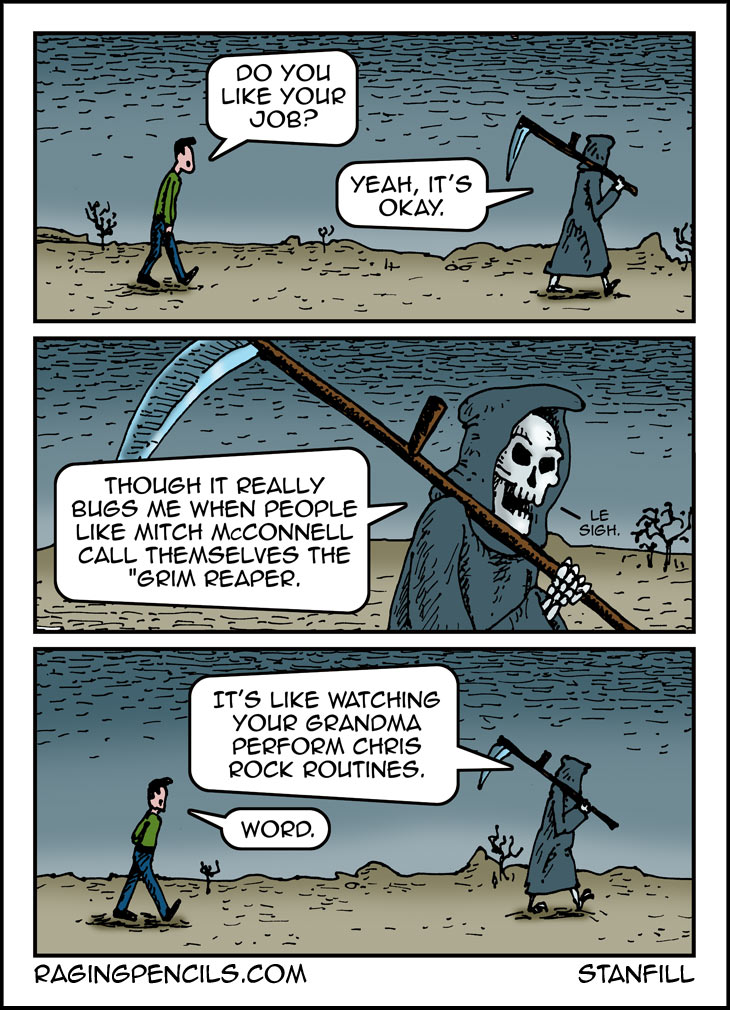



He would invest $3 trillion in federal funds to drive $9 trillion in economy-wide investment, creating 8 million jobs, and he promises 100 percent clean electricity and zero emissions from new cars and buildings within a decade.īiggest Obstacle: A Green New Deal would be cheaper than adapting to submerged cities or waves of climate refugees. While 2020 candidates from Bernie Sanders to Amy Klobuchar are backing the GND, to varying degrees, Jay Inslee has offered the most detailed plan. Ed Markey rolled out the Green New Deal in February, calling for massive investments to quit carbon and create economic opportunities for America’s most disadvantaged communities. The Problem It Solves: The world has about a decade to arrest greenhouse-gas emissions to avoid catastrophic climate change, including the collapse of ice sheets that would raise sea levels, displacing as many as 200 million people by the end of the century. (Majority Leader Mitch McConnell has vowed to be the “Grim Reaper” for these plans if the GOP holds the chamber.) And with price tags often soaring into the trillions - with a “t” - these proposals face resistance from America’s wealthiest, whose taxes would be hiked to pay for them, as well as centrist Democrats who fear tacking too far left might fumble one of the most consequential elections in the nation’s history.īelow, we examine a half-dozen of the Democrats’ edgiest ideas, underscoring what they could achieve, how much they might cost, and the obstacles they face. These are moonshot ideas, to be sure, impossible to pass unless Democrats reclaim both the White House and the Senate. “So why is that treated as an extreme position?” By offering visionary reforms for a defective democracy, a foundering middle class, the climate crisis and a system rigged for the wealthiest, progressives hope to inspire an electorate whose anger helped propel a strongman like Donald Trump to power. “Medicare for All is supported by at least 55 percent of the public,” says Sean McElwee, a co-founder of the progressive think tank Data for Progress. Most intriguing: As once-fringe ideas enter the mainstream debate, they are proving popular. Ideas that would have seemed radical even five years ago - publicly funded college, a Green New Deal, Medicare for All - are now at the top of many candidates’ platforms. For the 2020 election, Democrats are proposing policies of sweep and ambition not seen since the New Deal or the Great Society.


 0 kommentar(er)
0 kommentar(er)
